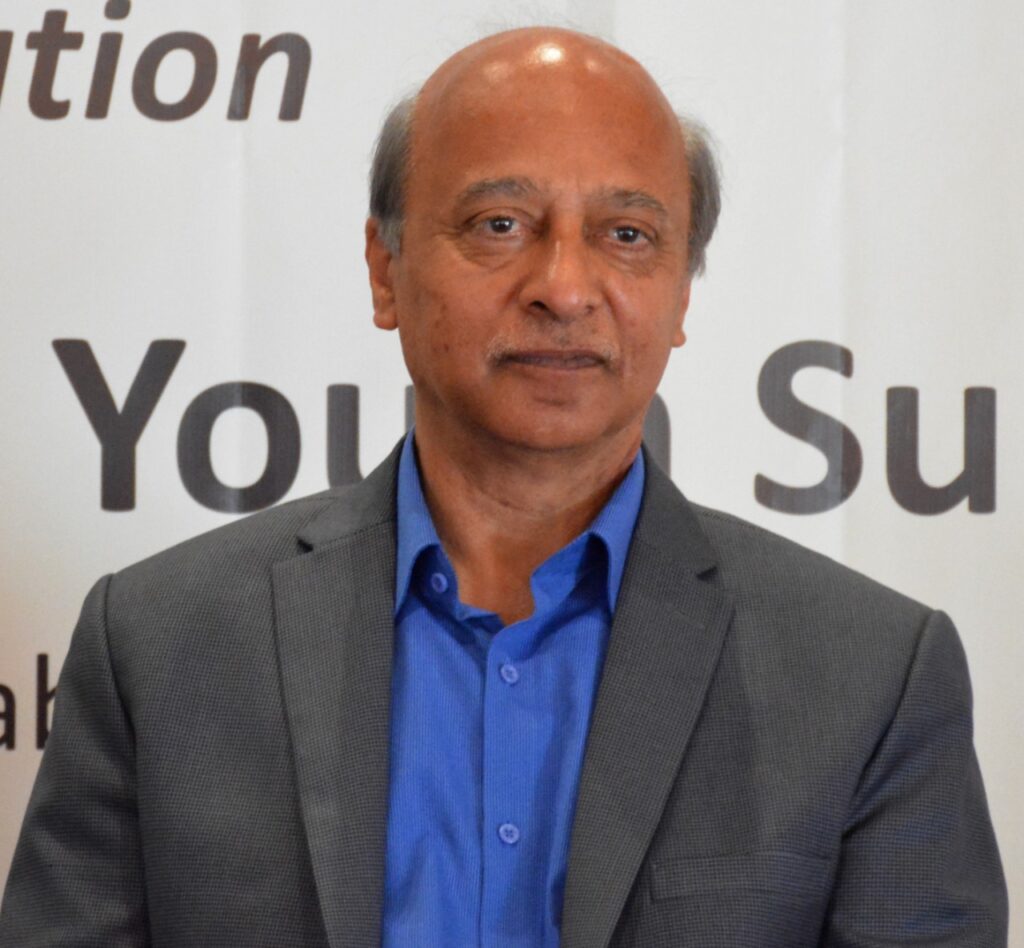
On January 24, a Lahore sessions court acquitted Asim Aslam ten years after he was arrested and jailed for alleged blasphemy. Tragically, the Mughalpura police had registered the FIR on a complaint of his brother Faisal Aslam, who had admitted in the FIR that the suspect had a history of mental illness.

A trial court had awarded Asim life imprisonment which he challenged before the Lahore High Court in 2015. The high court in 2021 suspended the sentence and directed the sessions court to hold a fresh trial of the suspect in light of his mental health.
Until his acquittal after languishing in jail for nearly a decade, Asim was among the 1386 citizens accused of blasphemy in different parts of the country.
In contrast, another court in Rawalpindi sentenced a Muslim woman Aneeqa Ateeq , 26, to death (January 19) for committing “blasphemy” by sharing images deemed to be insulting to the Prophet Muhammad (MPBUH) and one of his wives.
Pleading not guilty to the charges, Ms Ateeq had ,in a statement to the court, said the accuser, Hasnat Farooq, had deliberately pulled her into a religious discussion to frame her after she refused “to be friendly” towards him. The two had met on a popular online multiplayer game and continued communicating on WhatsApp.
Coincidentally, both Asim and Aneeqa were among the 947 Muslims accused of blasphemous conduct sofar. This works out to be a staggering 68 per cent Muslim citizens framed under the blasphemy laws. The rest 32 per cent include Christians, Hindus, Ahmedis and Sikhs inter alia.
Equally alarming is the rising trend of accusation and extra-judicial killings; from 1948 to 1978, for example only 11 cases of blasphemy were recorded, of which three were extra-judicially killed. But saw a staggering rise of about 1,300% from 1987 to 2021. As of 2021, 89 people had been extrajudicially killed.
Among the female alleged blasphemers, the highest number was of that of Christian women (65), followed by the Muslim (37), Ahmadi (8), Hindu (2), Buddhist (1) and two women of unknown religious background. Males, on the other hand, were largely Muslims, who were accused of this offense (930) including all Muslim sects that make 68% of all male blasphemers), according to a research study on the issue released by the Center for Research and Security Studies (www.crss.pk), Islamabad.
The remaining male accused are Christians (186), Ahmadis (179), Hindus (16), and Sikhs (1). The percentage of the non-Muslims’ population in the country is under 5%, whereas they all account for 32 % of blasphemy cases.

Though the rise of any crime always generates an alert among security officials and responsible institutions, this crime appears to have no established pattern and most of the police websites remain silent on the occurrence of this crime.
Hundreds of accused and detained under the Blasphemy laws suffer in jails for years, at times decades. Their plight, in the dominant majority of cases, is rooted in false or motivated accusations as proven in several cases.
General Pervez Musharraf had in April 2000 attempted to revise procedures including raising the level of investigation to DSP and above but he eventually buckled under pressure from the right and rescinded those regulations.
Isn’t it a fit case for judicial review at the highest level; how to prevent registration of cases without high-level thorough investigation and multiple layers of scrutiny? A change in procedures can save precious lives of citizens and also forestall long trials during which the accused suffer in jails. Asim being the latest example; some body walking out in freedom after frivolous charges could not stand scrutiny. Why allow vested interest to engineer killings and or reporting innocent citizens to police – all in the name of blasphemy?



